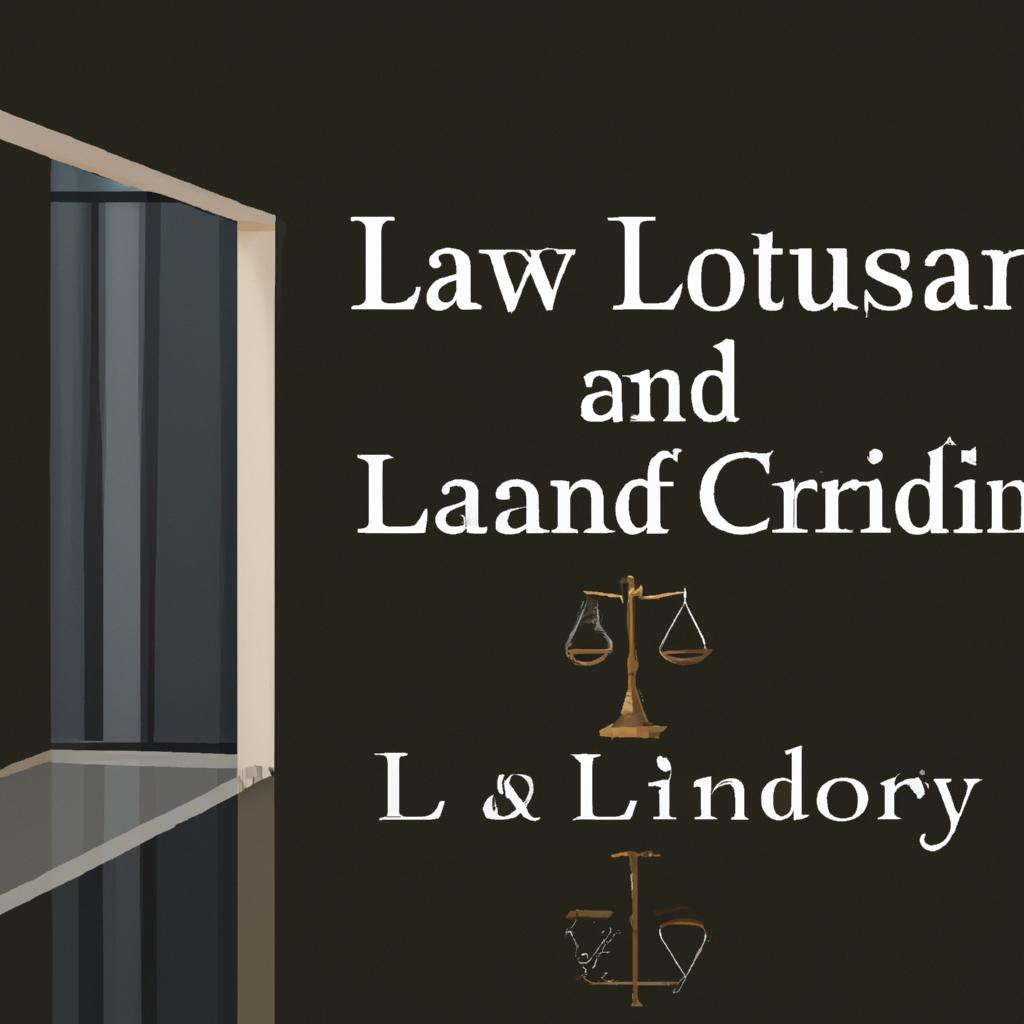In the intricate realm of estate planning, the role of trustees is paramount in ensuring the smooth and effective administration of a trust. The trustees serve as the stewards of the trust’s assets, entrusted with the responsibility of carrying out the wishes of the settlor and safeguarding the interests of the beneficiaries. As experienced lawyers at Morgan Legal Group in New York City, we understand the complexities and nuances of trust administration, and in this article, we delve into the essential question – who are the trustees of a trust? Join us as we unravel the pivotal role that trustees play in the world of trusts.
Understanding the Role of Trustees in a Trust Agreement
Trustees play a crucial role in the administration of a trust agreement. They are appointed to manage and oversee the assets held within the trust for the benefit of the beneficiaries. Trustees have a fiduciary duty to act in the best interests of the beneficiaries and must adhere to the terms outlined in the trust document. It is important for individuals creating a trust to carefully consider who they appoint as trustees, as these individuals will have significant control over the assets and decisions made within the trust.
Trustees have various responsibilities within a trust agreement, including:
- Managing and investing trust assets
- Distributing income and principal to beneficiaries according to the terms of the trust
- Maintaining accurate records and providing regular accountings to beneficiaries
| Role | Responsibility |
|---|---|
| Trustee | Manage and oversee trust assets |
| Beneficiary | Receive distributions from the trust |

Key Duties and Responsibilities of Trustee
Trustees play a crucial role in managing and distributing assets within a trust. They are entrusted with the responsibility of carrying out the wishes of the trust creator and ensuring that the beneficiaries receive their rightful inheritance. The key duties and responsibilities of a trustee include:
- Administering the Trust: Trustees are responsible for managing the assets held within the trust, including investments, real estate, and other properties.
- Communicating with Beneficiaries: Trustees must keep beneficiaries informed about the trust’s activities, assets, and distributions.
- Investing Trust Assets: Trustees are required to make prudent investment decisions to ensure the growth and preservation of the trust assets.
Furthermore, trustees have a fiduciary duty to act in the best interests of the beneficiaries and adhere to the terms outlined in the trust document. They must also keep accurate records, file tax returns, and comply with all legal and regulatory requirements. Overall, trustees are essential in maintaining the integrity and purpose of a trust.

Qualities to Look for When Choosing a Trustee
When selecting a trustee for your trust, it is crucial to consider certain qualities that are essential for a successful trust administration. A trustee plays a critical role in managing and distributing trust assets, making decisions that impact the beneficiaries, and ensuring that the terms of the trust are followed diligently. Below are some key :
- Integrity: A trustworthy and honest individual who will act in the best interests of the trust and its beneficiaries.
- Financial acumen: Someone who is knowledgeable about financial matters and capable of making sound investment decisions.
- Communication skills: An effective communicator who can keep beneficiaries informed and resolve conflicts if they arise.
Additionally, it is advisable to choose someone who is organized, responsible, and has the time to dedicate to the role of a trustee. By carefully selecting a trustee with these qualities, you can help ensure that your trust is managed effectively and in accordance with your wishes.

Navigating Potential Challenges as a Trustee
As a trustee of a trust, it is essential to understand the responsibilities and duties that come with this role. Trustees are individuals or entities appointed to manage assets on behalf of the trust beneficiaries. They must act in the best interests of the trust and its beneficiaries, following the instructions outlined in the trust document.
Some potential challenges that trustees may face include:
- Complex Legal Requirements: Trustees must adhere to state laws and regulations governing trusts, which can be complex and constantly changing.
- Managing Conflicts of Interest: Trustees must avoid any conflicts of interest that may arise between their personal interests and those of the trust or beneficiaries.
- Investment Decisions: Trustees must make prudent investment decisions to grow and protect the trust assets.
Q&A
Q: Who are the trustees of a trust?
A: The trustees of a trust are individuals or entities responsible for managing the assets held within the trust and ensuring they are used in accordance with the trust’s terms and for the benefit of the beneficiaries.
Q: What is the role of a trustee?
A: A trustee is responsible for safeguarding the assets held within the trust, making investment decisions, distributing income or assets to beneficiaries, and ensuring the trust is managed in accordance with the law and the trust document.
Q: Who can be a trustee of a trust?
A: Anyone can serve as a trustee of a trust, including individuals, family members, professional fiduciaries, banks, or trust companies. It is important to choose trustees who are reliable, competent, and trustworthy.
Q: How many trustees can a trust have?
A: A trust can have one trustee or multiple trustees, depending on the terms of the trust document. Co-trustees may be appointed to share the responsibilities of managing the trust.
Q: Can a trustee be removed or replaced?
A: Yes, trustees can be removed or replaced under certain circumstances, such as if they are unable to fulfill their duties, have a conflict of interest, or are no longer willing or able to serve. The trust document may outline the process for removing or replacing trustees.
Q: What are the duties and obligations of a trustee?
A: Trustees have a fiduciary duty to act in the best interests of the trust and its beneficiaries. This includes managing the trust assets prudently, keeping accurate records, communicating with beneficiaries, and making decisions that are fair and impartial.
Q: How are trustees compensated for their services?
A: Trustees may be entitled to receive compensation for their services, either through a fee outlined in the trust document or as agreed upon by the beneficiaries. The amount of compensation should be reasonable and in line with the duties performed.
Final Thoughts
In conclusion, understanding the role of trustees in a trust is essential for navigating the complexities of estate planning and asset management. Trusts are powerful tools that can provide protection, privacy, and control over your assets, and trustees play a crucial role in ensuring that your wishes are carried out effectively. Whether you are considering creating a trust or already have one in place, having a clear understanding of who the trustees are and their responsibilities is key to ensuring the success of your trust arrangement. Trust in your trustees, and they will help you build a secure foundation for your financial legacy.


